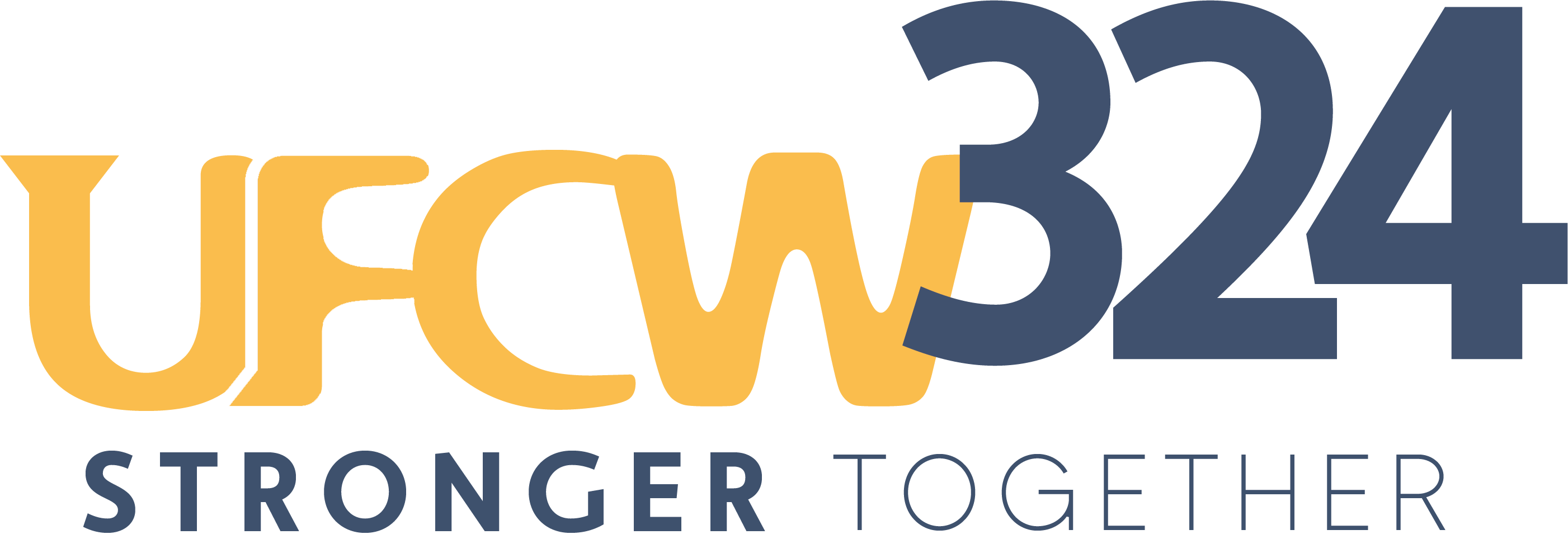Whose Eligible for Reclassification or Expungement? – an FAQ
What does expungement mean? What about reclassification?
In 2016, California voters approved Prop 64, which legalized the sale and use of marijuana recreationally for people over the age of 21. Additionally, the ballot measure retroactively reduced the penalties for a variety of marijuana related convictions Prior to this, in 2014, the people of California passed the Safe Neighborhoods and School Act which reclassified a number of non violent crimes from felonies to misdemeanors. So expungement means getting criminal records changed to reflect the current status of the law, while reclassification in this context refers to changing a prior criminal conviction from a felony to a misdemeanor under the updated laws.
What are the benefits of expungement and / or reclassification?
This opportunity to reclassify or remove (expunge) drug or other nonviolent convictions is a huge benefit, as having a drug related conviction or a felony on your record can bar individuals from accessing federal student loan, many forms of housing assistance, and is used by many employers as a reason for exclusion or discrimination from job opportunities, amongst other challenges.
Prop 64 – Cannabis Expungement through the Control Regulate and Tax Adult Use of Marijuana Act (2016)
On Nov 8th, 2016, California passed Proposition 64, which authorized the possession, transport, purchase consumption and sharing of up to one ounce of marijuana or 8 grams of concentrate. It also eliminated or substantially reduces most criminal penalties for marijuana offenses. People who have prior convictions for marijuana offenses can petition a court to have their convictions reduced or dismissed.
May be eligible for a reclassification or expungement if you were convicted of OR accessory to one of the following:
● Possession of marijuana or concentrated marijuana (H&S Code § 11357)
● Cultivation of marijuana (H&S Code § 11358)
● Possession with intent to sell marijuana (H&S Code § 11359)
● Sales or transport of marijuana (H&S Code § 11360)
If you were between 18 and 20 at the time of the offense, it may be more likely that you can seal and destroy these criminal records OR have the crimes reduced to a misdemeanor.
Youth under the age of 18 may now only be charged with infractions for the offenses listed above. All juvenile records for qualifying marijuana offenses listed above should be destroyed and sealed two years from the date of conviction or when a youth turns 18.
“Any person with a prior conviction for one of the four offenses listed above may apply for reclassification. Prop. 64 does not disqualify a petitioner from resentencing or reclassification because of any particular prior criminal offense, such as a “super strike.” In other words, as long as the petitioner was (1) convicted of an offense listed above, (2) is serving or completed a sentence for one of those offenses, and (3) would have been guilty of a lesser offense under Prop. 64, the petitioner is eligible. If the District Attorney objects to resentencing for any reason, they must prove the petitioner ineligible by clear and convincing evidence.”
(source: https://www.drugpolicy.org/sites/default/files/Prop64-Resentencing-Guide-July2017.pdf)
Prop 47 – Reclassifying Non Violent Felonies under the Safe Neighborhoods and School Act (2014)
The purpose of prop 47, passed by the people of California in November 2014, was to ensure that prison spending was focused on serious crime and to maximize alternatives for non-serious, nonviolent crime and to invest the savings generated into schools and prevention.
Eligible if you are convicted of one of the following:
● Simple drug possession
● Petty theft, including commercial burglary $950 or less
● Shoplifting $950 or less
● Writing a bad check for $950 or less
● Forgery for $950 or less
● Receipt of stolen property $950 or less
AND NONE of the following prior convictions:
● Prior convictions for rape, child
molestation or other violent crimes
● Sex offender registrant
● Identity theft
● Currently serving a sentence or on probation (depending on sentence)
● Because prop 47 has been in effect for 6 years, these felony convictions likely would have been in place before Nov 2014. Currently the expungeable crimes are now classified as misdemeanors.
What are the steps in the process?
First, in order to verify your eligibility for expungement or reclassification, we will need to get copies of your criminal record from the State of California. With that in mind, you need to sign up to attend an Intake and Live Scan (electronic fingerprinting).
Stay tuned for future clinics in 2021!
After that, attorneys will review the files, and then you will meet with an attorney for a free consultation as well as assistance in filling out the necessary paperwork.
Where do I register for the clinic?
You can register for the event at the following link: http://bit.ly/UFCWrecordchange Registration is limited and will be completed on a first come first serve basis. The event and services will be free for union members and / or their families.
Can I volunteer?
Yes we are definitely looking for volunteers to help process and review paper work, do follow up calls and reminders, help with legal review (if they are a qualified attorney) and much more! We will have opportunities to volunteer in 2021. Please stay tuned!
You can also reach out to Andrew@ufcw324.org for more information.
Important Disclaimer:
This overview is might as a general guide and is not legal advice on your eligibility for expungement or record changes / reclassification. The volunteers and attorneys will not know whether your criminal convictions or charges are eligible until an attorney reviews your complete criminal records.
